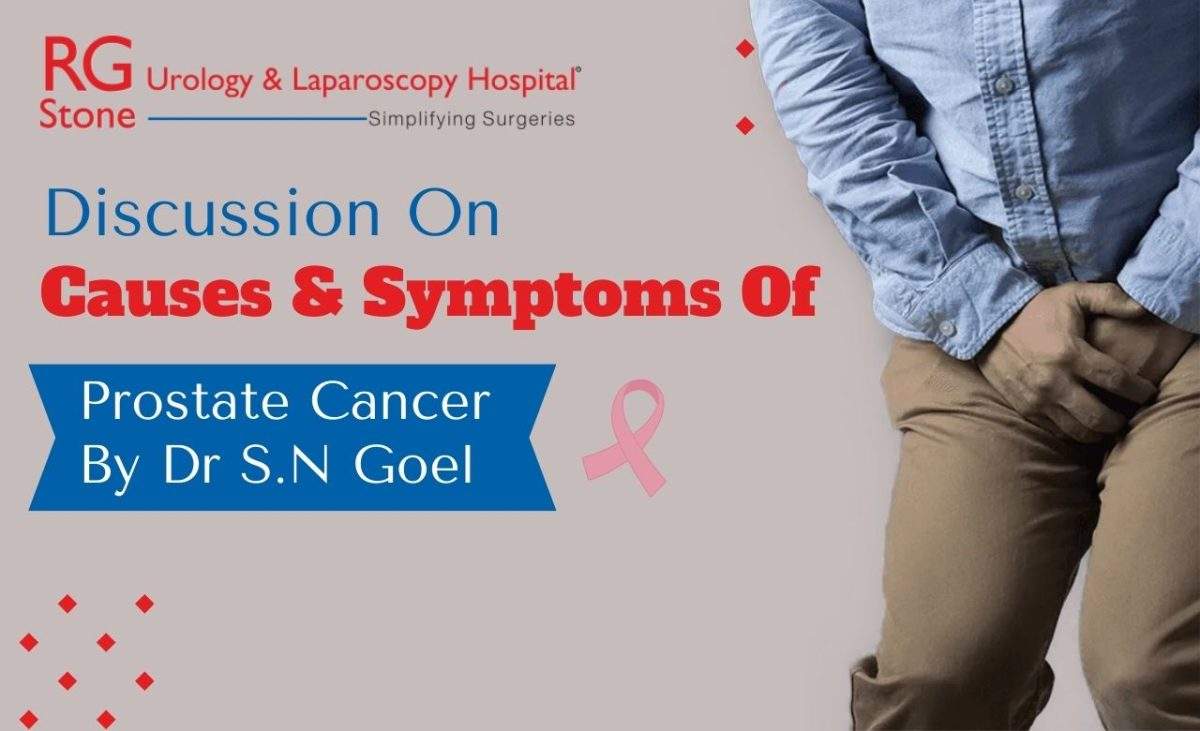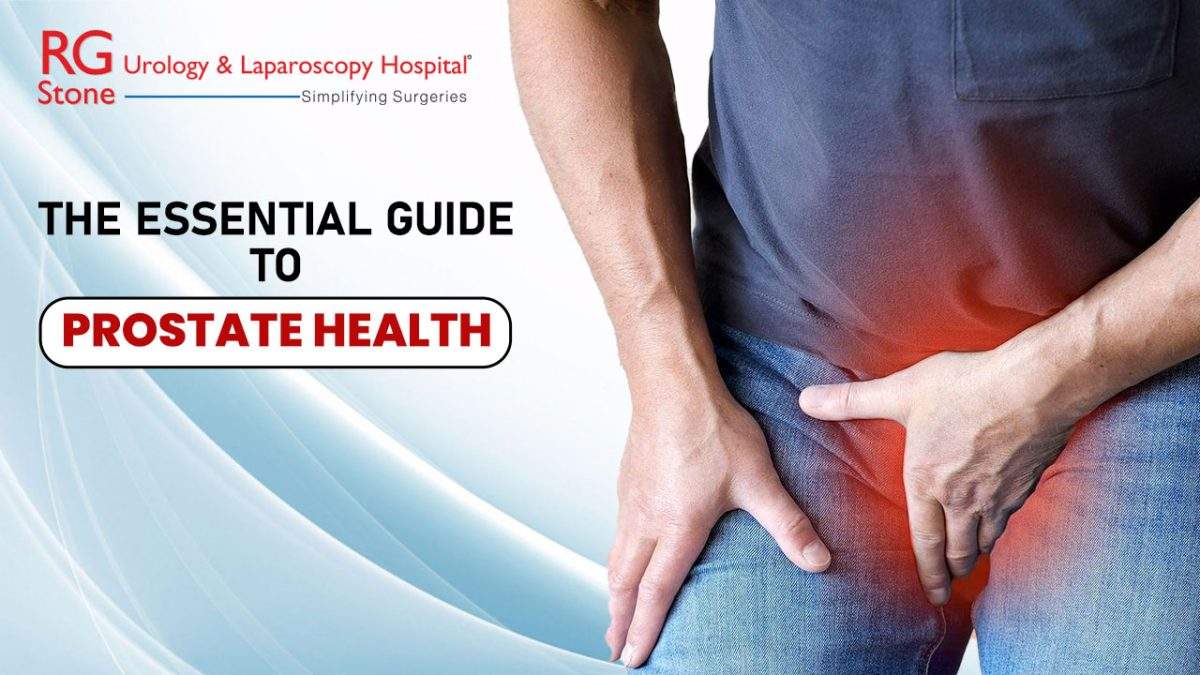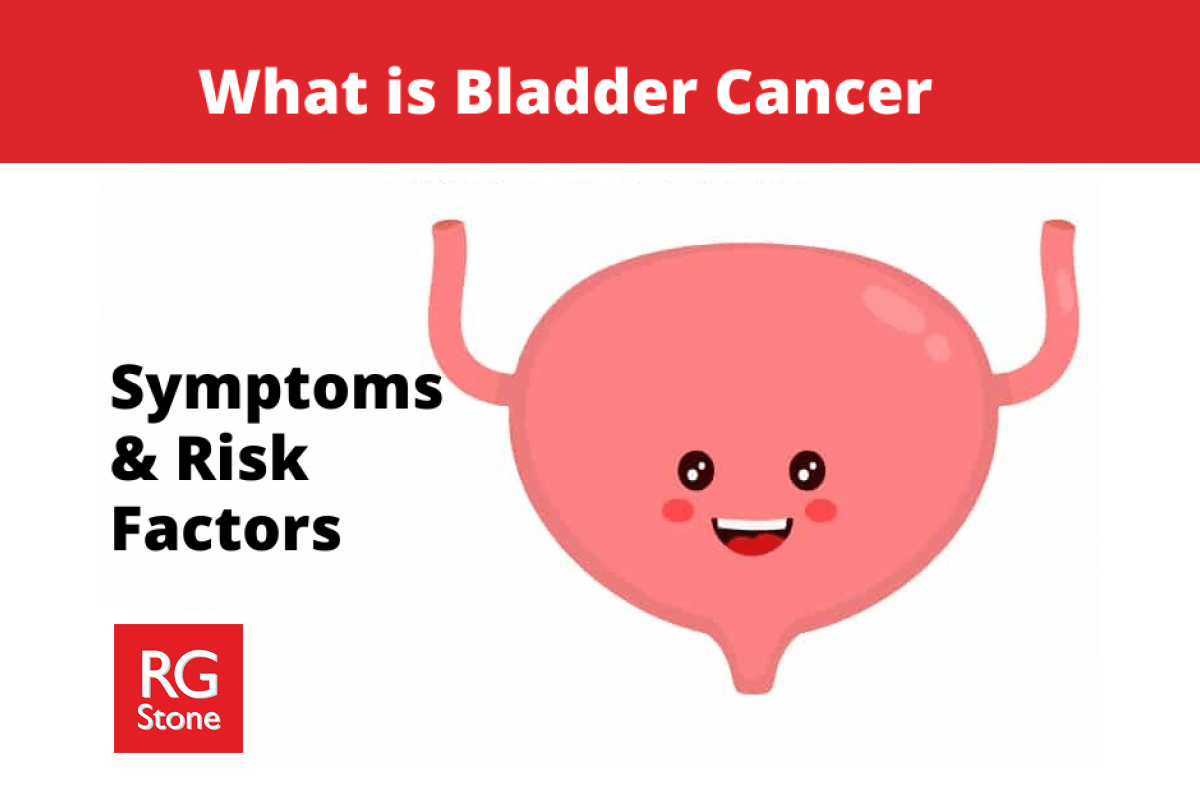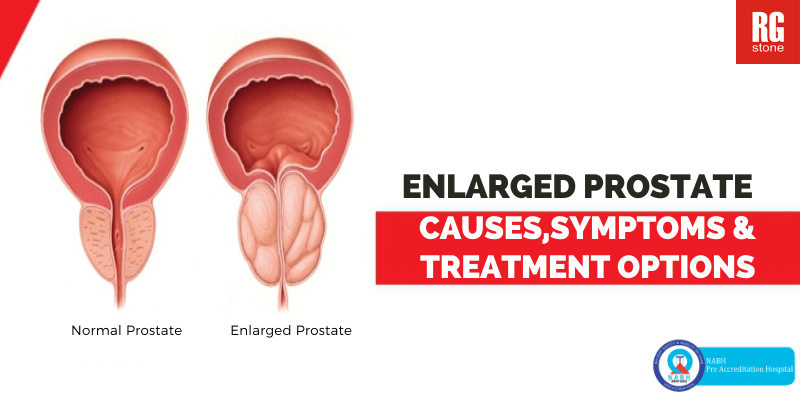The prostate gland is found in men or people assigned male at birth (AMAB). It is a part of the Male reproductive system. It is positioned below the urinary bladder. It hides the rectum behind it. You can feel the prostate from the rectum. It is about the size of a small lemon. It encompasses the urethra, a tube like structure connected to the urinary bladder, and empties its content. It also produces fluid that goes to the semen, and its muscles contract to push the semen through the urethra.
ENLARGEMENT OF PROSTATE
Enlargement of the prostate is primarily seen in older male adults. This is Benign Prostatic Hyperplasia (BPH). It can put pressure on the urethra, causing it to taper, and the bladder cannot drain its contents. It causes the bladder to retain urine. One should not mistake prostate enlargement for prostate cancer. Prostate enlargement also leads to other health issues like urinary tract infections and kidney problems.
It would help if you remember that these conditions can also indicate other underlying health conditions; you must consult an expert urologist in Ludhiana for a proper diagnosis.
Factors causing Prostate Enlargement
The exact reason for the occurrence of Prostate Enlargement is unknown. But it is possible that ageing and mutation in the testicular cell structure can be one of the causes.
FACTS ABOUT PROSTATE ENLARGEMENT
– The likelihood of developing an enlarged prostate increases with age.
– BPH is so common that it is said that all men will have an enlarged prostate if they live
Long enough.
– a small proportion of men over forty years have enlarged prostate and about ninety percent of men over 80 years have prostate enlargement.
– Men who have had their testicles removed at a young age due to any other conditions does not develop BPH.
– If a man’s testicles are removed after he has developed BPH, then the prostate shrinks in
Size. However, remember this is not the standard treatment for an enlarged prostate.
Above mentioned information does not qualify as an expert opinion. It would be best if you visited a licensed Urologist in Ludhiana.
SYMPTOMS OF PROSTATE ENLARGEMENT
Less than 50% of men suffering from enlarged prostate show symptoms. Some of them may include:
- a) Increase in the frequency of urination.
- b) Need to urinate two to three times per night.
- c) Difficulty in urination (need to apply pressure)
- d) blood in urine and pain during urination(may indicate infection)
- e) weak urine stream or dribbling.
- f) Urinary tract and kidney infection.
- g) Urinary incontinence ( inability to prevent urine from leaking from the urethra).
- h) Strong and sudden urge to urinate.
- i) Slowed or delayed onset of the urinary stream. Etc.
ROLE OF DIET IN MANAGING ENLARGED PROSTATE
It is common knowledge that a balanced diet is crucial as we age, but it becomes all the more critical in the context of BPH. Scientists believe that a Balanced diet rich in vitamins and nutrients can have a role in preventing enlarged prostate, as it is observed that some of the conditions of an enlarged prostate can be managed by following dietary guidelines that is shared by the diet specialist doctor and managing fluid intake.
Some of the food you must add to your diet are:
a)Fresh fruits and vegetables (rich in Fibre),
b)broccoli, brussels sprouts, kale(rich in Vitamin C),
c)Flaxseed (rich in Omega 3 fatty acids),
d)Tomatoes, apricots, watermelons(rich in Lycopenes). Etc.
FOODS THAT CAN PREVENT BPH
-Avocado
-Sesame seeds
– Bell pepper
-Tofu
– Onion and garlic
– Nuts
CONCLUSION
Benign prostatic hyperplasia (BPH) is a common condition affecting a significant portion of the population. One can easily manage the condition by regulating diet and fluid intake. Getting a proper diagnosis from a reputed UROLOGIST is advisable. Some good urologists are based in PUNJAB in general and LUDHIANA in particular.












